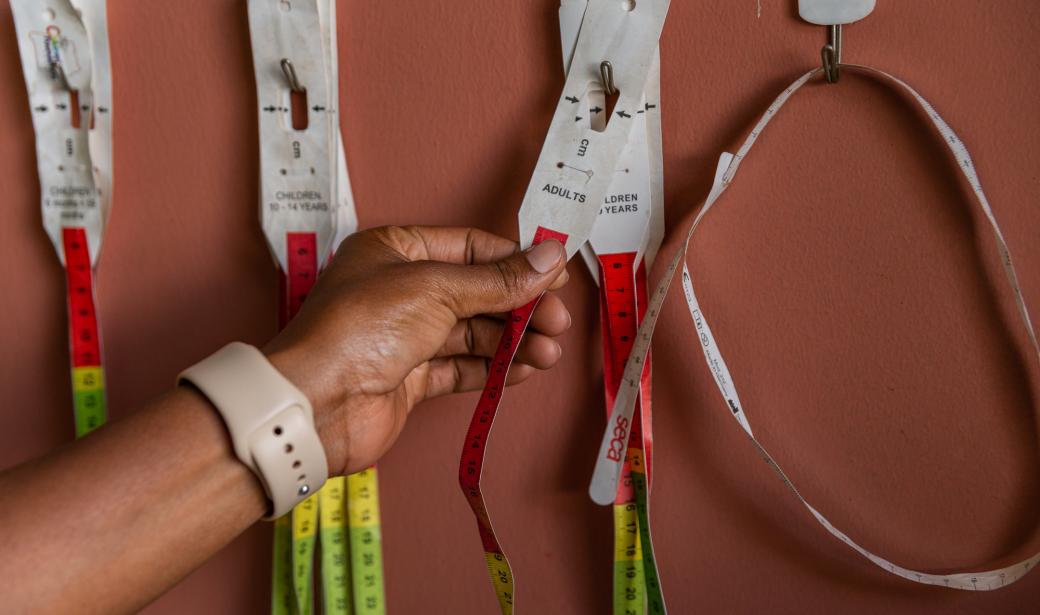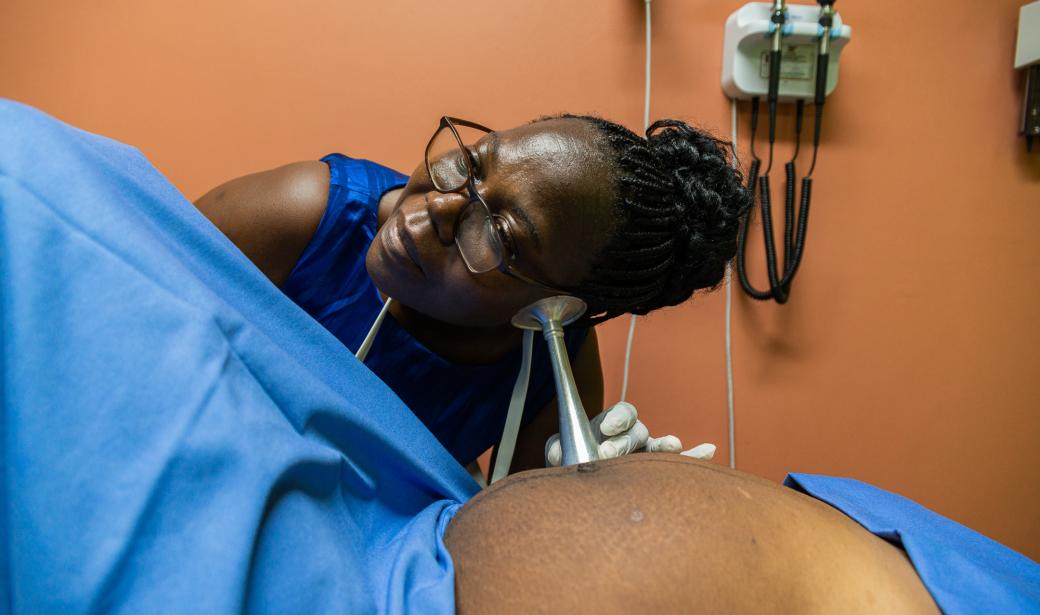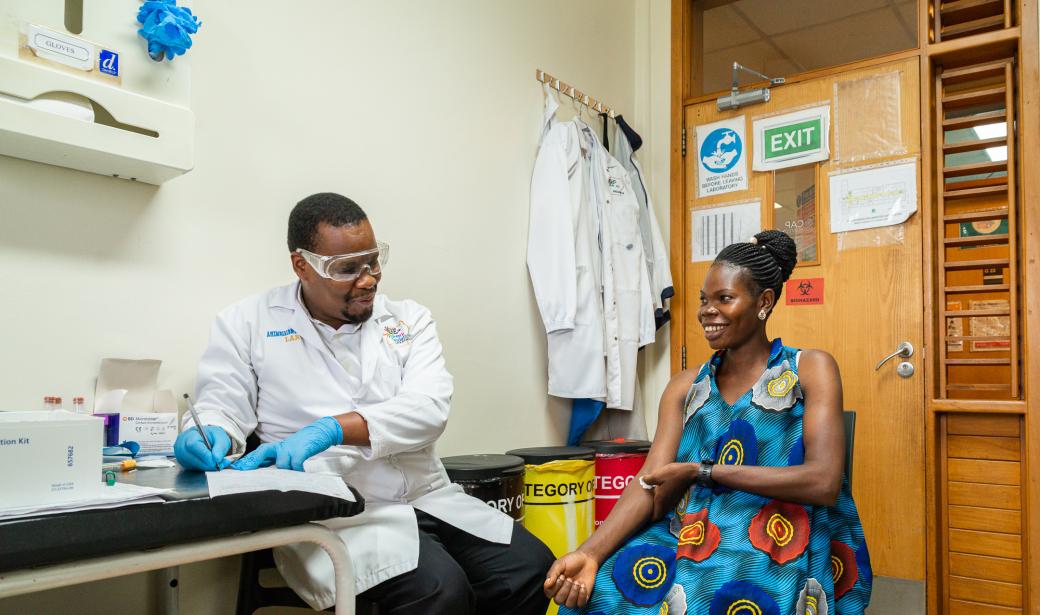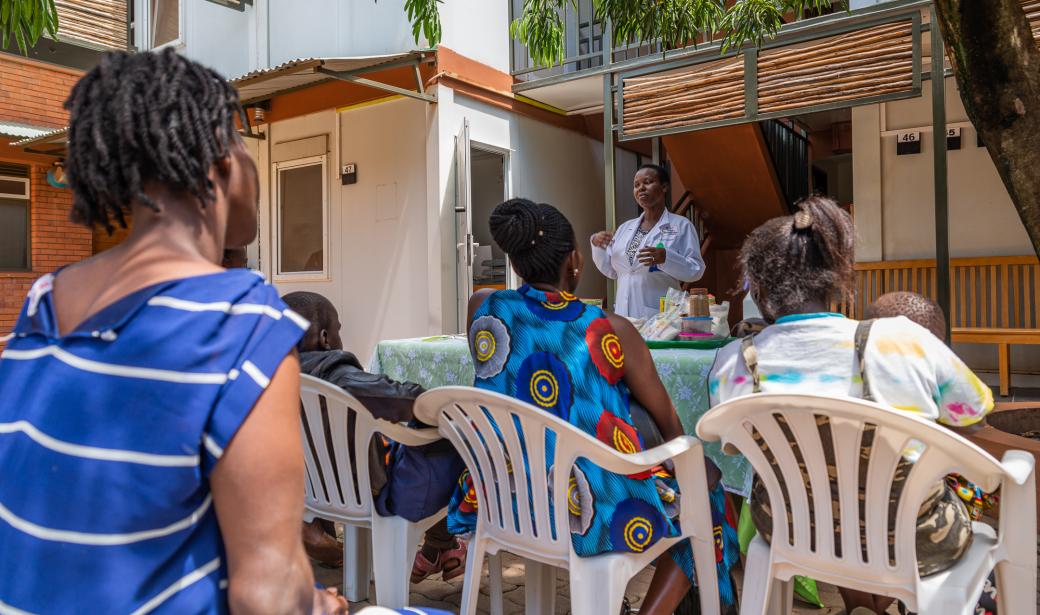Kampala ‒ In Uganda, women are disproportionately affected by HIV. Out of 1.4 million people living with the disease, 860 000 are women and 80 000 are children.
As part of the drive to reduce the number of babies born with HIV, Uganda has a robust prevention of mother-to-child transmission (PMTCT) programme. It involves following up women of reproductive age living with, or at risk of acquiring, HIV from their reproductive years, throughout pregnancy and to the end of the breastfeeding period.
Using a well-coordinated, multi-sectoral response and through strong coordination between the Government of Uganda, World Health Organization (WHO), the United Nations Children’s Fund and the United States President's Emergency Plan for AIDS Relief, the PMTCT programme has led to a dramatic reduction of HIV infections among newborns by 77%, from 20 000 cases in 2010 to 5900 cases in 2022.
“When I got the news that I was HIV positive six years ago during my first antenatal visit, I was devastated. I thought that all my children would be sick like me, starting from my unborn baby,” she says.
WHO recommends that pregnant women should test for HIV, syphilis, and hepatitis B at least once during pregnancy, preferably in the first trimester, as part of antenatal care. These tests enable more women to be diagnosed with sexually transmitted infections so that they can access proper treatment and prevent disease transmission to their children.
“From the health facility where I was diagnosed, I was referred to Baylor, a specialized HIV management centre. I was immediately put on HIV treatment and since then, I have given birth to two HIV-negative babies,” says Bitali.
The prevention of mother-to-child transmission programme has been extended to over 3600 health facilities nationwide. “It is implemented in the country using WHO-adopted tools,” says Dr Linda Kisaakye Nabitaka, HIV focal person at the Ministry of Health.
Starting with an assessment, the nurse takes her vital measurements, including temperature, height and weight. She also undergoes screening for noncommunicable diseases, including diabetes and hypertension, and is referred to other specialists, based on the results of the assessment.
For women like Bitali who are in the later stage of pregnancy, Nakandi performs physical examinations, including listening to the foetal heartbeat using a foetal scope.
Nakandi also provides family planning services, treats reproductive health problems, including sexually transmitted infections, provides screening and management of precancerous lesions of the cervix, and provides education on lifestyle risks and behavioural changes.
"Every time I visit the clinic, I discuss with Leticia about the appropriate use of condoms to avoid contracting any other sexually transmitted infections potentially dangerous to the life of my unborn baby,” explains Bitali.
"Our new HIV management guidelines recommend, among others, that all HIV-positive pregnant women have their viral load checked every three months, rather than every six months, to ensure low transmission risk," explains Dr Kaggwa Mugagga, the HIV National Professional Officer at WHO Uganda.
As such, Bitali gets her blood checked every three months.
“When the amount of HIV in the body is continuously suppressed through proper taking of medication, the mother has a high chance of giving birth to an HIV-negative baby," explains Dr Jacqueline Balungi Kanywa, Senior Medical Officer and Clinic Manager at Baylor Uganda.
In a bid to improve the management of PMTCT in Uganda, in 2022 the country introduced the Point of Care HIV viral load test, a blood test to check the amount of HIV in a sample of a person’s blood, results of which are available almost immediately. This test is available in all specialized HIV centres.
This has reduced the turnaround time for HIV viral load testing in pregnant and breastfeeding women from one month to within 48 hours.
The goal of all these efforts is to end AIDS as a public health threat by 2030. “While prevention of mother-to-child transmission has made major headway in Uganda in limiting new HIV infections among newborns, we must also pay particular attention to factors contributing to new HIV infections, especially among adolescent girls and young women,” says Dr Yonas Tegegn Woldemariam, WHO Representative to Uganda.
Communications Officer
WHO Uganda
Email: tcheutchouae [at] who.int (tcheutchouae[at]who[dot]int)
Media Relations Officer
WHO Regional Office for Africa
Email: dalalm [at] who.int (dalalm[at]who[dot]int)
Tel: +254 703 245 761 (WhatsApp)








